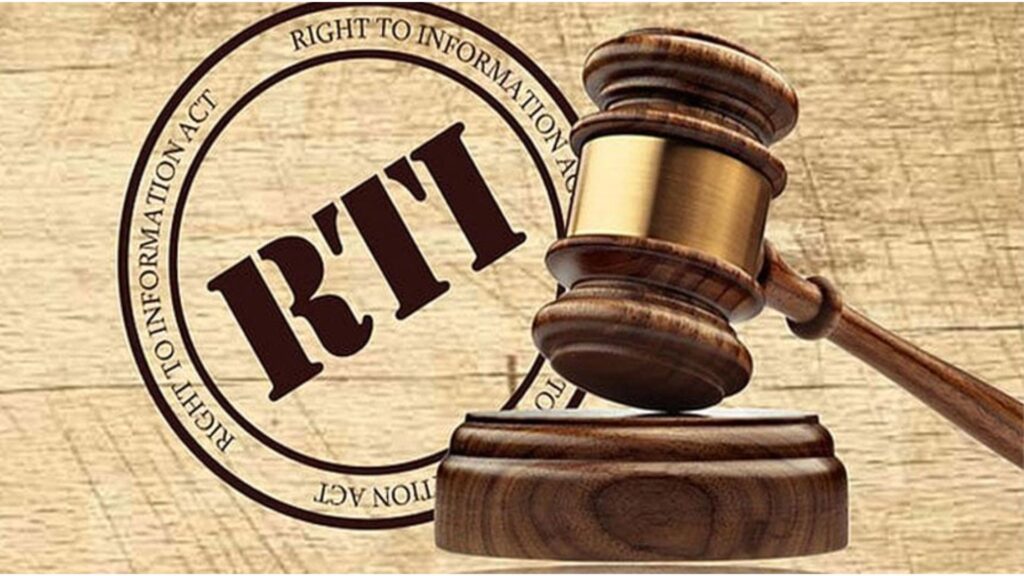
In an unusual twist to a routine Right to Information (RTI) request, a Kurukshetra-based activist’s effort to uncover alleged irregularities in a government department has resulted in an overwhelming response—over 108 kilograms of paper comprising 37,443 pages.
Pankaj Arora, who owns a local bookshop, filed an RTI application with the Public Health Engineering Department (PHED) on January 30, 2025, seeking specific information related to tenders, staff appointments, expenditure records, and payments made under government schemes from January 2023 to January 2025.
Instead of clarity, what Arora received was what he calls a “deliberate attempt to confuse.” The department delivered a truckload of documents in June after months of delay and only after Arora escalated the matter to top state officials, including the governor and chief minister.
‘Information Dump’ Instead of Transparency
Arora alleged that most of the 37,443 pages sent were either irrelevant or duplicative, including contractor agreements and unrelated paperwork. “The critical information I asked for—like GST payment records and audit details—was missing,” he said. “This is not transparency, it’s obstruction.”
To access the documents, Arora was asked to pay ₹85,000, later reduced to ₹80,000. He submitted a ₹10,000 demand draft and a ₹70,000 cheque, but claims that the bank informed him that the payments were never encashed. Demand drafts and cheques expire after three months, casting further doubt on the department’s handling of the request.
“I made the payment in good faith. But they neither used it nor returned it,” said Arora. “Now I’m left with nothing but wasted paper and unanswered questions.”
PHED’s Response
Sumit Garg, Executive Engineer at PHED Kurukshetra, defended the department’s action, saying the data was provided in accordance with RTI rules, which mandate ₹2 per page for printed information. “It took two months of manpower to compile and send nearly 40,000 pages,” Garg told The Print.
On the matter of the unprocessed payment, Garg said the instruments were not in Arora’s personal name but issued under “Mehar Book Depot” and “Little Millennium School.” He claimed this was the reason the payment was not accepted and has asked Arora to validate the transaction.
As for Arora’s claim that he had asked for digital files, Garg argued the RTI request did not explicitly state a preference for digital format.
A Larger Pattern?
Arora suspects the massive paper response was intentional—meant to frustrate and intimidate him. “They assumed I wouldn’t pay such a large fee. When I did, they flooded me with documents no one can reasonably process,” he said. “This isn’t just bureaucratic apathy—it’s a method to suppress uncomfortable questions.”
Calling the case possibly the largest physical RTI response in Haryana’s history, Arora has now taken his fight to the State Information Commission in Chandigarh, where his appeal is under consideration.
Despite the setbacks, Arora remains resolute. “I won’t be silenced,” he said. “Even if the truth is buried under a mountain of paper, I’ll find it.”




